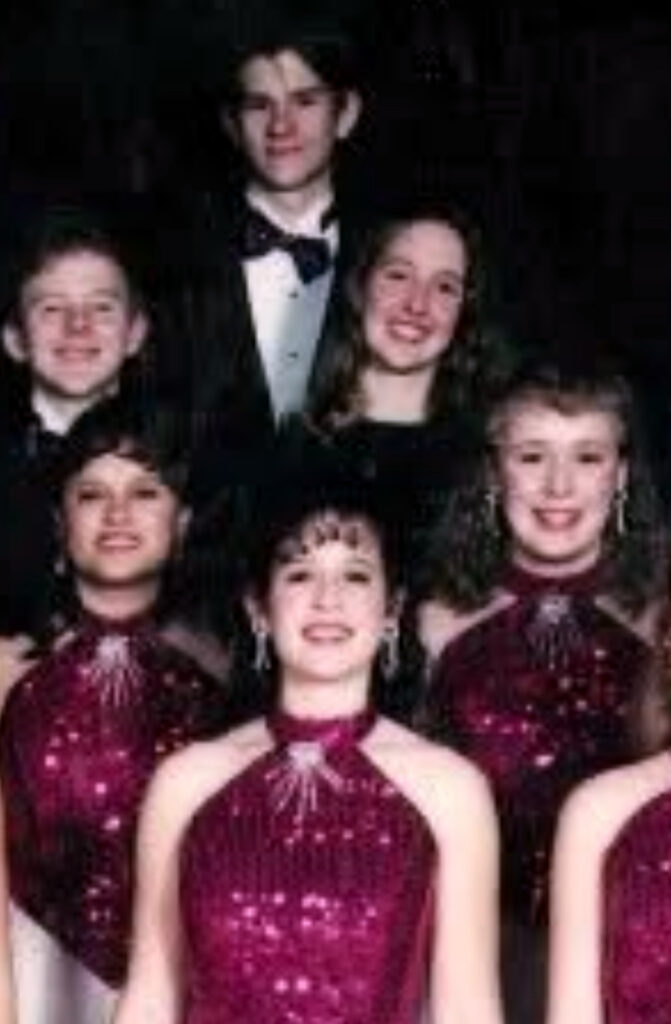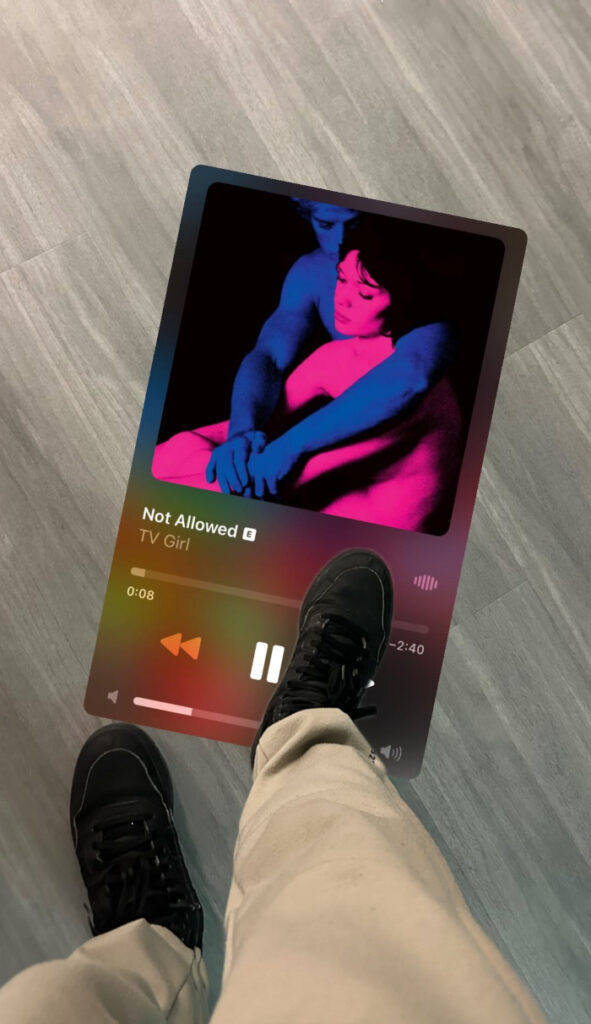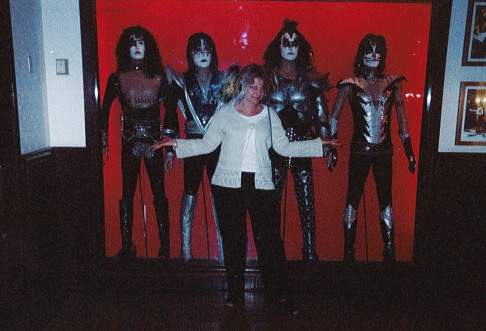By Finley Magga
Music is one of the world’s most powerful forces to ever exist.
It played a huge role in the Civil Rights movement in the 1950s through ’60s when artists like Bob Dylan and Aretha Franklin made their mark.
In the following decades, “We Are The World” was written by Michael Jackson and Lional Richie in 1985 as charity to raise money to help famine in Africa.
Today, music continues this power by prompting healing, finding your identity, and inspiring social change.
Instructional assistant Mr. Richard Cooper, now 84 years old, continues to work as a supervisor of study halls and the Delta Learning Center.
“I grew up in a time when first generation rock and roll was just starting,” he said. “[I grew up in] the late 40s and mid 50s. I listened to a lot of that and it was what we got on the radio at the time.”
In the time of poodle skirts and Elvis Presley, Mr. Cooper was discovering music as a child in Vermont. His mom had a big collection of 78’s (a shrunken down record spinning 78rpm), which helped him grow into a music heavy family.
He had the privilege of having a piano in his home, taking lessons and learning to love it. Then as he came into high school he took clarinet lessons so he could improve himself for the band.
“Music is a very emotional thing,” Cooper said. “And it reflects and is influenced by the society in which it comes from no matter the time period. I liked it well enough to work with broadcasting for 31 years.”
Lava Lamps and Rubik’s Cubes became an instant hit as we transitioned into the 1970s and 80s. Michael Jackson, Led Zeppelin, and AC/DC started to gain popularity faster and faster.
Social studies teacher Mrs. Julie Blakely grew up in that time period.
“I was into hard rock and classic rock,” Mrs. Blakely said. “I listened to a lot of Aerosmith and AC/DC. I also like blues guitarists like Eric Clapton.”
The sound of Clapton’s guitar shredding through the radio can’t help but bring Mrs. Blakley that same happy feeling she got years ago.
“Frankly, I don’t like today’s music.” Mrs. Blakely said. “I sound super old now but It feels soft, like girl music, something a 10-year-old would listen to.”
The air started to smell like teen spirit in the 1990s while Kurt Cobain stunned the world with his vocals and famous songwriting. Meanwhile Mr. Dave Flowers, a drama club sponsor and substitute teacher, was growing up in his teenage years.
“I felt like music when I was growing up was revolutionary,” Flowers said. “It was a transition between disco merging into what would eventually lead into techno and pop.”
He was in a show choir through high school. He loves Broadway music, but that comes as no surprise as he’s worked with people who have been on Broadway.

He said he was heavy into hip-hop and alternative music. He even played a bit of bass guitar in high school with crazy long hair.
“Music to me is an expression through auditory art,” he said. “Music takes us where words cannot. They spark emotion, they relieve tension, and they inspire greatness.”
As we walked through the first decade of the 2000’s, Michael Jackson died and people are shopping online instead of going to the store. And according to the International Federation of the Phonographic Industry, by 2023 “we’re listening to music more than ever.” The IFPI estimated the average person listened to 20.7 hours of music every week.
Sophomore Leyton Martin listens to a lot of music each day. He even performs it because of his spot in the Concert Choir here at Delta High School, and his heavy connection to Muncie Civic Theater in downtown Muncie.
His preferred music is R&B, pop, Broadway, and plenty others. Artists like Childish Gambino, Whitney Houston, and TV Girl are among his favorites.

“I feel like we take music for granted in our generation,” Leyton said. “I feel like the way it’s so easy to access music whenever we want is a big part of that. And so it’s not as rare. So music is important, but it definitely has major downsides.”
He tends to get closer to the music from the past. He loves how unique and how distinct he claims that it sounded.
“I think music in the past, there was a lot of it, and a lot of different tunes,” Leyton said. “And I feel like through the years, there are going to be less musical things that haven’t been done.”
Leyton added: “Some artists are bringing up beats from the past whether it’s intentional or not. And I think that there is going to be a point where it all starts to repeat itself. “
From 78’s and 45’s, records to radios, jukeboxes to cassette tapes, MP3’s and CD’s, and now iPhones and AirPods. The way people listen to music has drastically changed, but music has stayed. It’s developed and even advanced, but it’s never left. It’s still as impactful as it once was decades ago, just in a different way.
Mr. Cooper thought for a moment:
“If you watch any interviews of current artists or any artists back through time, you will realize that in each one they will tell you who they were influenced by with previous artists.
“So I think music just builds on itself, it evolves.”






